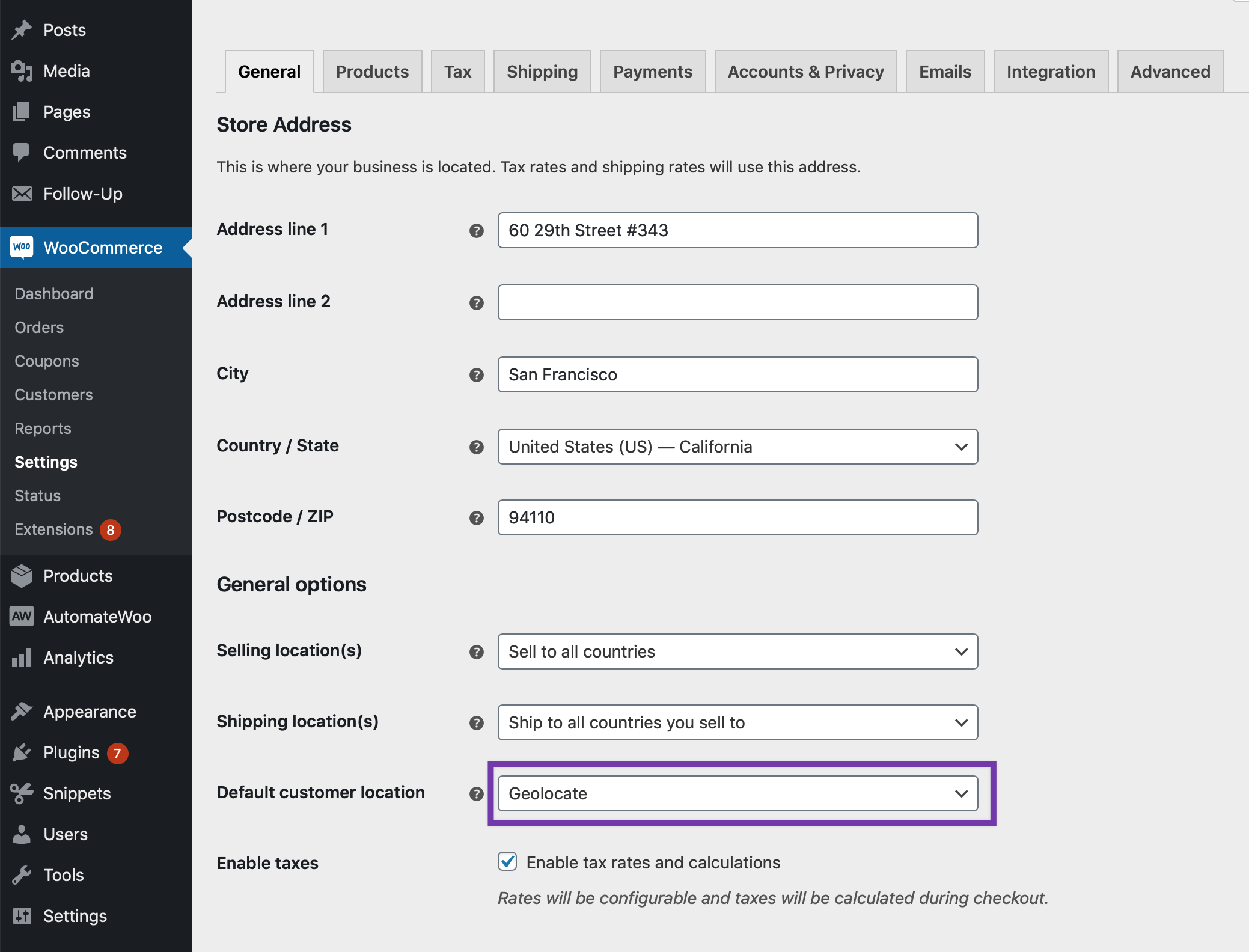
Then the configuration files are mounted to disable logging tables to avert issues such as calming down clickhouse in the long run. Let me explain what it is doing! You are using a volume name event-data to store the analytics data at /var/lib/clickhouse. clickhouse/clickhouse-user-config.xml:/etc/clickhouse-server/users.d/logging.xml:ro clickhouse/clickhouse-config.xml:/etc/clickhouse-server/config.d/logging.xml:ro
#MAXMIND ALTERNATIVE PASSWORD#
Setting an environment variable to assign the Postgres password would also be required.įor Clickhouse, use the Yandex Clickhouse Docker Hub image: plausible_events_db: Use a volume name db-data to store the user data at /var/lib/postgresql/data.

This is absolutely necessary as using the latest tag in this case is not advisable. Now look at how they are configured with Docker Compose one by one:įor Postgres, here you have to use the official Postgres 12 image available on Docker Hub (at the time of writing this tutorial). Since Plausible deploys itself with Docker, all the above three components are deployed as their own respective containers.

#MAXMIND ALTERNATIVE FREE#
You may sign up with our partner Linode and get $100 in free credits. You can use physical server, virtual machine or cloud servers. Here's what you need apart from some knowledge of Linux commands, docker and docker-compose. Configuring GeoIP to display country wise statistics on the Plausible dashboard map.Configuring SMTP on Plausible so that you can receive weekly or monthly reports via email.The reverse proxy method (single server, multiple services): You can deploy multiple web services like WordPress, Nextcloud etc with Plausible.Īdditionally, I'll also show a couple of optional but useful steps to enjoy all features of Plausible:.The standalone method (single server, single service): Only Plausible runs on the entire server.In this in-depth guide, you'll learn two ways of deploying the Plausible instance: To make it easier, the wonderful folks at Plausible have also created a separate hosting repository on GitHub to get you started.

Thankfully, it is now quite convenient to deploy it on your own server. When I first worked on Plausible deployment, the process was utterly complicated. Self-hosting Plausible analytics with Docker If you have several websites with high traffic, and you find the pricing out of your budget, you can self-host the open source project Plausible like we do on Linux Handbook. If you can afford, support the project by opting for their managed hosting plan. You can also measure traffic based on geographical region and devices.įounded and developed by Uku Taht and Marco Saric, Plausible greatly empowers the idea that website traffic can be analyzed without hindering visitors' privacy. You can also see which pages are getting most visits, from where your website is getting the traffic, bounce rate and duration on page. It may not give you as many details as GA, but it gives you an idea about the traffic you are getting on your website along with the bounce rate and visit duration. It is a simple, lightweight (<1 KB), open-source and privacy-friendly alternative to Google Analytics (GA). In that regard, we refrain from using Google Analytics for website traffic measurement. As an ethical website, we try to keep Linux Handbook as much Google and tracking free as possible.


 0 kommentar(er)
0 kommentar(er)
